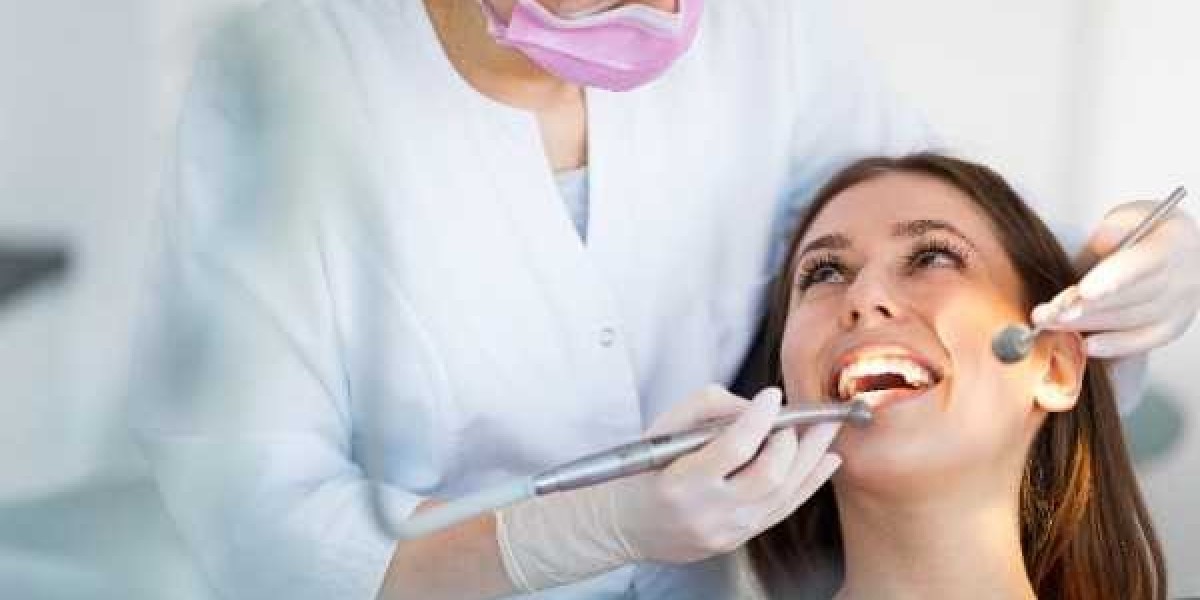In recent years, natural remedies have made a strong comeback in the health and beauty sectors, and dental care is no exception. Among these rising trends, charcoal toothpaste has sparked particular interest, with sleek black tubes promising dazzling white smiles. But as this trend continues to spread on social media and shelves alike, an important question arises: does charcoal really whiten your teeth, or is it simply a passing craze?
Let’s break down the science, evidence, and risks behind charcoal based dental products and find out what dental professionals really think.
What Is Charcoal Toothpaste?
Charcoal toothpaste is made from activated charcoal, a form of carbon processed at high temperatures to create a highly porous texture. These pores are believed to bind with surface stains and toxins through a process known as adsorption.
Key Points:
- It is not the same as charcoal used for grilling.
- It claims to remove plaque and surface stains naturally.
- Marketed as a detoxifying agent for oral health.
- Often lacks fluoride, which is vital for protecting against tooth decay.
- Long term use may cause enamel erosion due to its abrasive nature.
- Whitening effects are mostly superficial and temporary.
While the concept may seem natural and appealing, it’s crucial to examine how charcoal affects enamel and whether it offers benefits beyond temporary stain removal.
How Is It Supposed to Work?
Charcoal toothpaste is touted primarily for its abrasive and absorbent qualities. Here's how it's supposed to function:
- Mild abrasiveness: Helps scrub away surface stains from coffee, wine, or smoking.
- Adsorption properties: Claims to lift toxins and plaque from the enamel.
- Aesthetic appeal: The dramatic black paste visually emphasises its “deep cleaning” power.
- Detox claims: Marketed as a way to remove bacteria and impurities from the mouth.
- Temporary brightening: Creates an illusion of whiteness by removing superficial debris.
- No bleaching agents: Unlike professional treatments, it doesn’t chemically alter tooth colour.
However, it’s important to distinguish surface stains from deep (intrinsic) stains. The latter lie beneath the enamel and can’t be addressed by surface level abrasion alone. This is where professional options like teeth whitening Shrewsbury may provide more effective, long lasting results.
What Does the Science Say?
Although charcoal toothpaste remains a popular trend, research into its effectiveness is still limited. A review in the British Dental Journal highlighted a lack of strong evidence supporting its whitening benefits. Additionally, most charcoal toothpastes do not contain fluoride, which is essential for cavity prevention.
Concerns Raised by Dentists:
- Charcoal is abrasive and may erode enamel over time
- Enamel loss can lead to duller teeth, increased sensitivity, and tooth decay
- Many products lack key protective ingredients like fluoride
A trusted dentist in Shrewsbury would likely urge caution, especially with daily use. For those genuinely focused on improving their smile, exploring clinically proven and safer teeth whitening Shrewsbury options is generally the more effective route.
What Are the Potential Risks?
Here are some of the main drawbacks associated with charcoal based toothpaste:
- Enamel wear: Its abrasive particles can erode the enamel layer over time.
- Gum irritation: Charcoal can be too harsh on soft tissues if not used gently.
- Fluoride absence: Many charcoal pastes skip fluoride, increasing cavity risk.
- Stain accumulation: Charcoal particles may accumulate in cracks or restorations, ironically causing further discolouration.
If you're thinking about using such products, it’s wise to consult with your dentist in Shrewsbury before adding them to your routine. They can guide you based on your unique dental condition and aesthetic goals.
Comparing Charcoal to Other Whitening Methods
To better understand where charcoal stands, let’s compare it with other common whitening techniques:
Whitening Method | Effectiveness | Safety | Result Duration | Cost |
Charcoal Toothpaste | Low to Moderate | Questionable | Short term | Low (£) |
Whitening Toothpaste | Moderate | High | Medium term | Low (£) |
Whitening Strips | Moderate to High | Moderate | Several months | Moderate (££) |
Professional Whitening | Very High | Very High | Long term | Higher (£££) |
As the table suggests, while charcoal may offer minimal short term improvements, it does not match the safety or efficacy of regulated whitening treatments such as teeth whitening Shrewsbury. Moreover, professional solutions are customised, ensuring your enamel remains protected throughout the process.
Who Might Consider Charcoal Products?
Charcoal based toothpaste might suit certain individuals under specific conditions:
- People with mild surface staining (e.g., from tea or coffee).
- Those seeking a natural looking product without synthetic additives.
- Users preferring occasional use, not as a daily regime.
However, charcoal is not recommended for individuals who:
- Have sensitive teeth or gums.
- Wear veneers, crowns, or braces.
- Are prone to enamel thinning.
- Require deep stain removal.
For those needing more comprehensive whitening, visiting a dentist in Shrewsbury for personalised advice can prevent complications and deliver more noticeable results.
How to Use Charcoal Safely
If you’re set on giving charcoal toothpaste a try, here are a few practical tips to use it safely:
- Limit usage to 1–2 times per week.
- Rinse thoroughly after brushing.
- Follow up with a fluoride toothpaste.
- Avoid vigorous scrubbing or brushing longer than two minutes.
- Watch out for sensitivity or gum changes, and stop use if these occur.
- Get regular check ups from a trusted dentist in Shrewsbury.
Practising moderation and balancing with proven dental hygiene methods is key to avoiding unwanted side effects.
What About Better Alternatives?
For those serious about a brighter smile, it may be worth considering other methods such as:
- Over the counter whitening kits: More effective than charcoal but require careful use.
- Professional In-Clinic Whitening: Whitening procedures carried out by dental experts in a controlled and safe clinical environment.
- At home trays: Custom trays provided by dental professionals with controlled peroxide levels.
Treatments such as teeth whitening Shrewsbury typically offer a blend of in-practice procedures and customised take-home kits to ensure both ease and effective results.
Conclusion
Charcoal toothpaste may look trendy and promise a quick whitening fix, but its actual benefits remain debatable. With limited scientific support and potential risks like enamel erosion and gum irritation, it’s not a one size fits all solution. Those exploring teeth whitening should consult dental experts to choose a method that delivers effective, lasting results without compromising oral health.
If you’re considering safe and trusted whitening options, look no further than Shrewsbury, where professional care meets personalised attention for your brightest smile yet.








